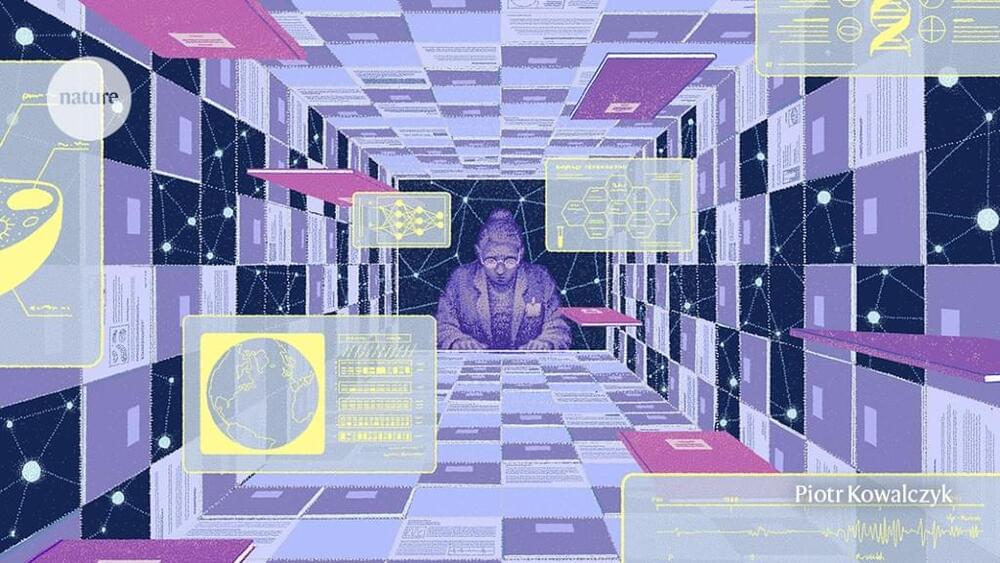“It’s never really the goal of anybody to write papers — it’s to do science,” says Michael Eisen, a computational biologist at the University of California, Berkeley, who is also editor-in-chief of the journal eLife. He predicts that generative AI tools could even fundamentally transform the nature of the scientific paper.
But the spectre of inaccuracies and falsehoods threatens this vision. LLMs are merely engines for generating stylistically plausible output that fits the patterns of their inputs, rather than for producing accurate information. Publishers worry that a rise in their use might lead to greater numbers of poor-quality or error-strewn manuscripts — and possibly a flood of AI-assisted fakes.
“Anything disruptive like this can be quite worrying,” says Laura Feetham, who oversees peer review for IOP Publishing in Bristol, UK, which publishes physical-sciences journals.
